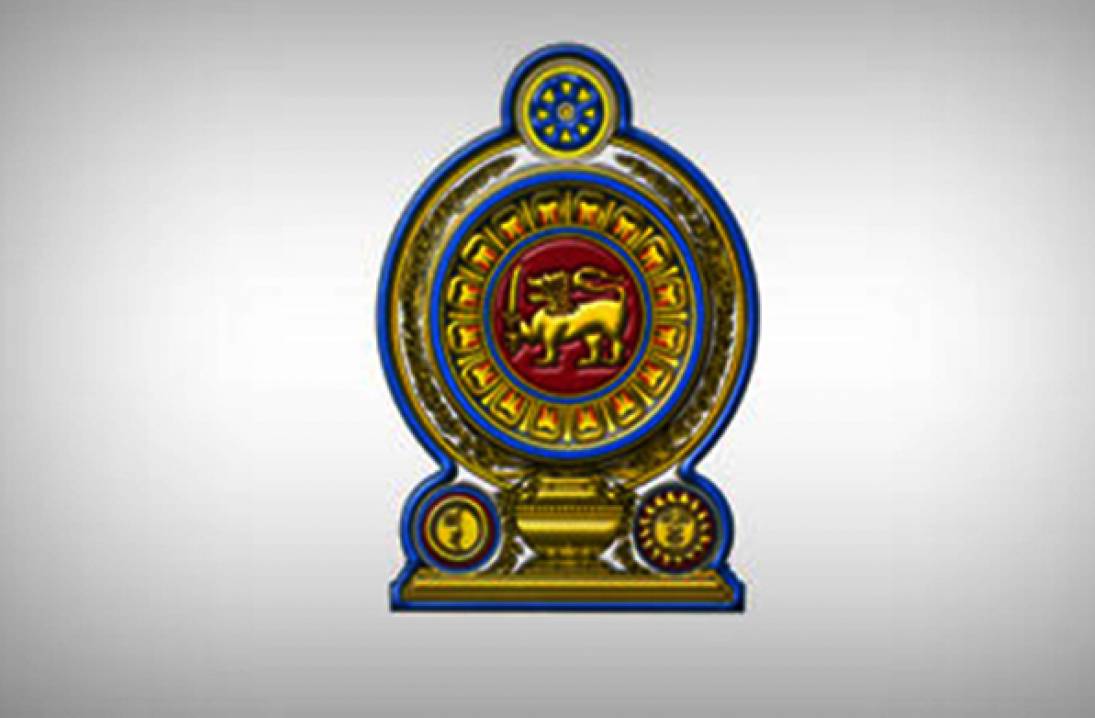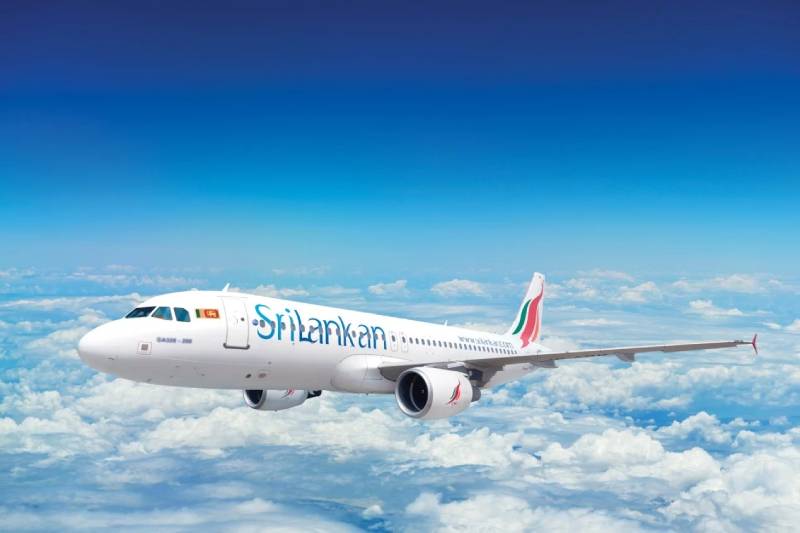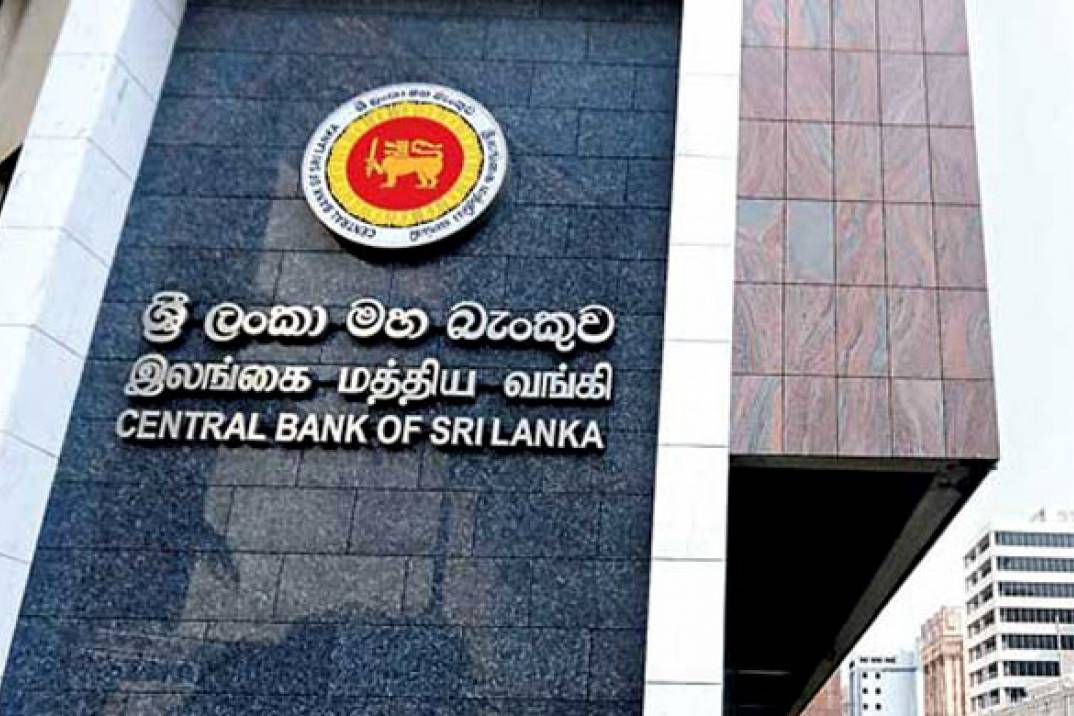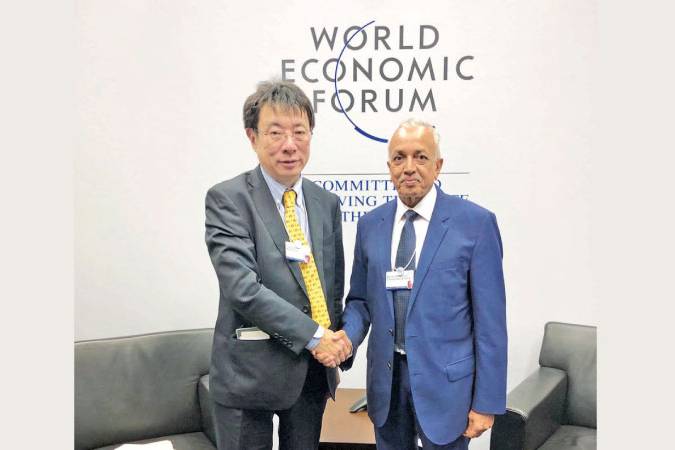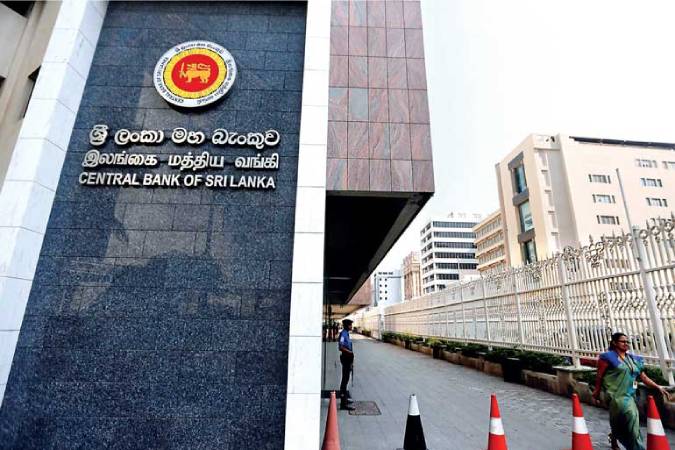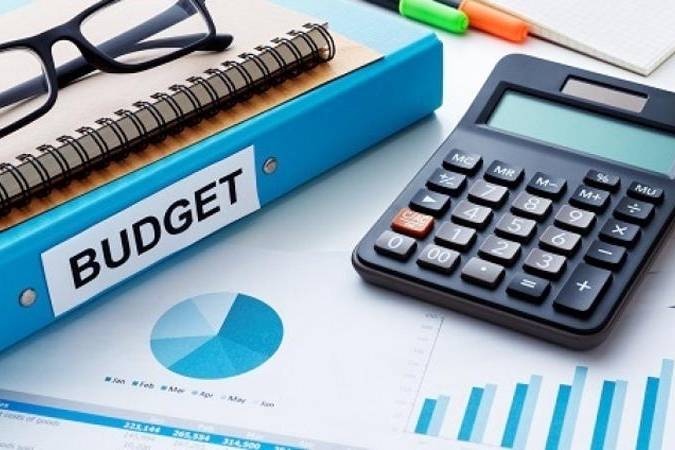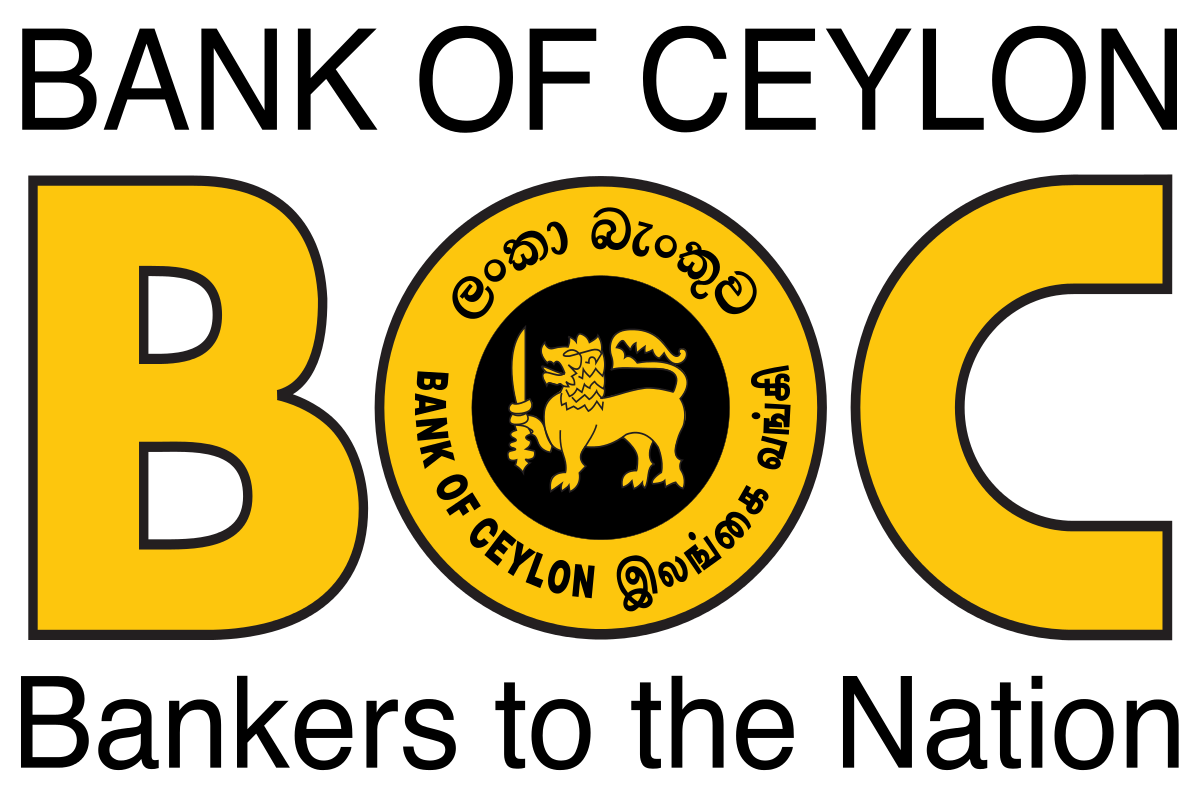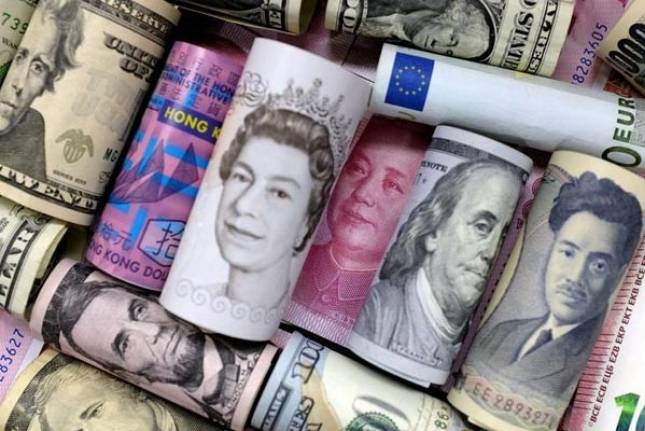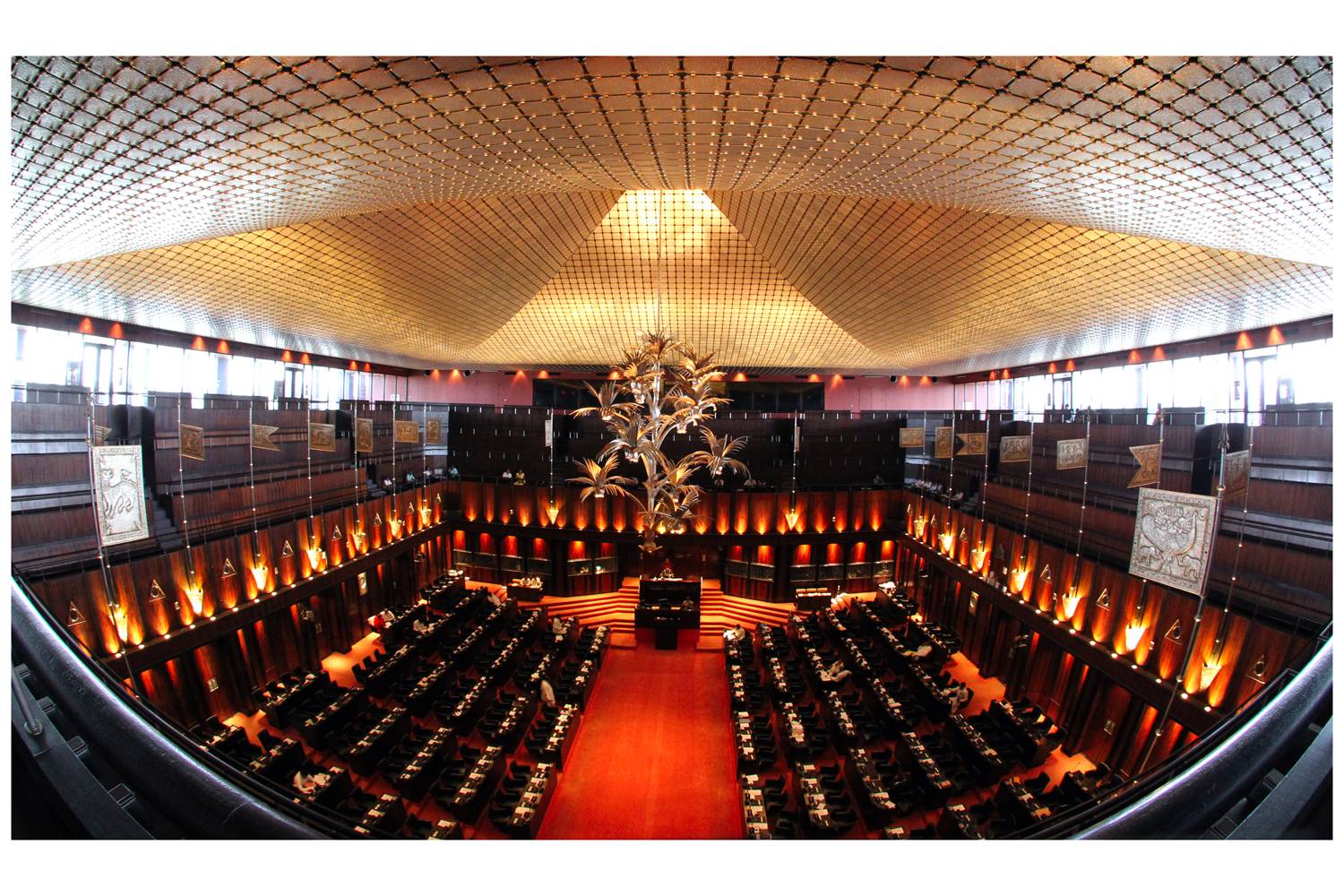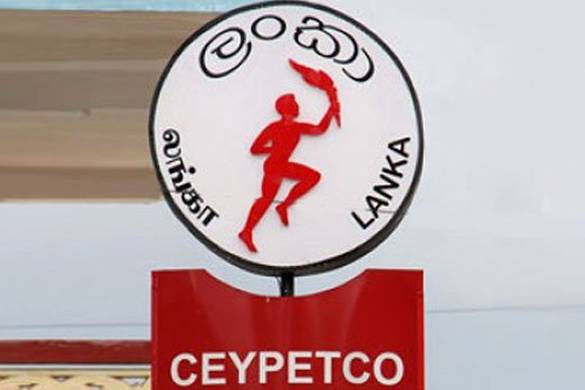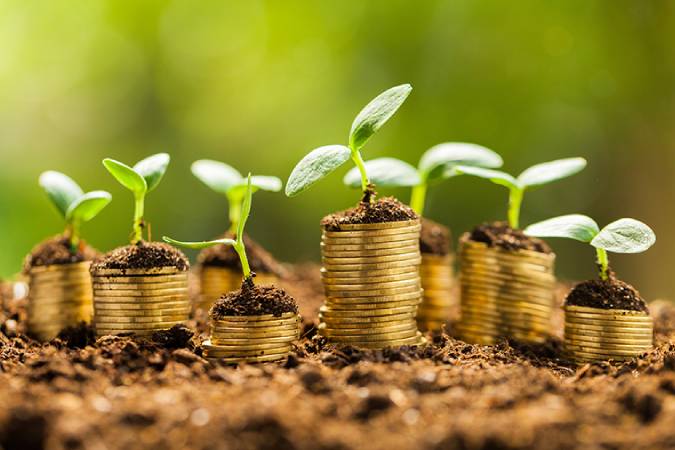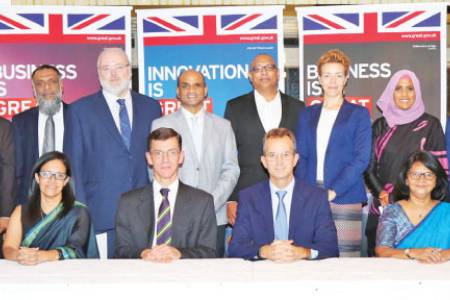Economic
Almost 85% of claims for payment for projects undertaken by private construction companies have been settled, according to Chamber of Construction Industry (CCI).
- Details
The Cabinet has approved the reduction of ground handling charges, aviation fuel and the embarkation levy for Six months.
- Details
The Monetary Board of the Central Bank of Sri Lanka, acting in terms of the Regulations made under the Registered Stock and Securities Ordinance and the Local Treasury Bills Ordinance, has decided to extend the suspension of Perpetual Treasuries Limited (PTL) from carrying on the business and activities of a Primary Dealer for six months from July 5, 2019, to continue the investigations being conducted by the Central Bank.
- Details
Minister of Development Strategies and International Trade Malik Samarawickrama met with the President of the Japan External Trade Organization (JETRO) Yasushi Akahoshi last week, and discussed cooperation activities to boost trade and investment between the two countries.
- Details
Cabinet has green-lighted calling for applications for a second time to select a forensic audit company with international expertise for the Central Bank.
- Details
Achieving the Sri Lankan government’s deficit and debt targets set out in last week’s budget for 2019 will be challenging without a big increase in fiscal policy effectiveness and faster economic growth, Central Bank report revealed.
- Details
Bank of Ceylon has written Rs. 1,169 million in total lending capital in the year 2017 representing 12,014 customers of the Bank, recent government audit inspection revealed.
- Details
Reuters: Sri Lankan shares extended gains yesterday to hit their highest close in 11 weeks, boosted by foreign inflows into equities, while the rupee ended weaker.
- Details
The airline industry yesterday welcomed the reduction in charges, noting that the move will boost business climate and tourist arrivals. The Cabinet on Sunday gave approval for a slew of charges, including ground handling, aviation fuel and embarkation levy, to be reduced for six months, to assist the tourism industry to recover after the Easter Sunday attacks. At a special press conference yesterday, the Board of Airline Representatives (BAR) and the Sri Lanka Association of Airline Representatives (SLAAR) assured their full support to Sri Lanka Tourism, by increasing capacity and resuming cancelled frequencies.
- Details
Sri Lanka Telecom (SLT) is now in dire straits owing to its failure to adopt sensible management practices, Telecommunication Engineers Union (TEU) alleged.
- Details
The Central Bank has extended the suspension on controversial primary dealer Perpetual Treasuries Limited by further six months with effect from today Friday 05.
- Details
Sri Lanka takes a bold step to reassure foreign investors that the country is reinvigorating its potential as an emerging economy with major mega investment projects in the pipeline.
- Details
Some 210 statutory and non-statutory funds being operated by various government institutions will be brought under the control of Parliament while shutting down a further 13 public funds, the Finance Ministry revealed.
- Details
Ceylon Petroleum Corporation (CPC) is contemplating to raise millions of dollars through an overseas bond issue with the approval of the Sri Lankan monetary authorities, officials said.
- Details
A midst mounting pressure from opposition parties , the government will be going ahead new legislation making way for majority foreign owned companies listed on the Colombo Stock Exchange (CSE) to buy and build on free hold land in Sri Lanka.
The previous barrier imposed on land acquisitions done by foreign entities before April 01, 2018 will be removed by introducing an amendment bill to the Land (Restrictions on Alienation) Act No. 38 of 2014 previously amended in 2018.
The Cabinet of Ministers approved the proposal presented by Finance Minister. Mangala Samaraweera to revise the 2018 amended Act which removed the previous restriction of prohibiting the transfer of freehold land done after April 2018 with a foreign company exceeding the maximum foreign shareholding of 49 percent.
With the enactment of new legislation in parliament Majority foreign owned companies listed companies will be free from any legal barriers to buy and own free hold in Sri Lanka immaterial of its date of transaction.
Finance Ministry expressed the confidence that the amendment will spur foreign investment to play a more active role in CSE than a flaccid one and help boost market capitalisation.
- Details
Sri Lanka money lending and the micro finance businesses will be coming under strict regulatory control to protect customers and victims affected by illicit practices using iron fist tactics in the loan recovery process.
- Details
British High Commissioner James Dauris has proposed five suggestions that would give a boost to Sri Lanka development plan at a recent meeting of Council for Business with Britain (CBB).
- Details
Page 247 of 256

